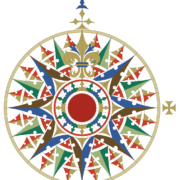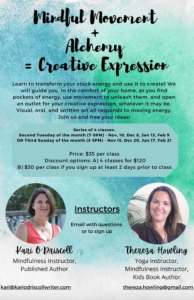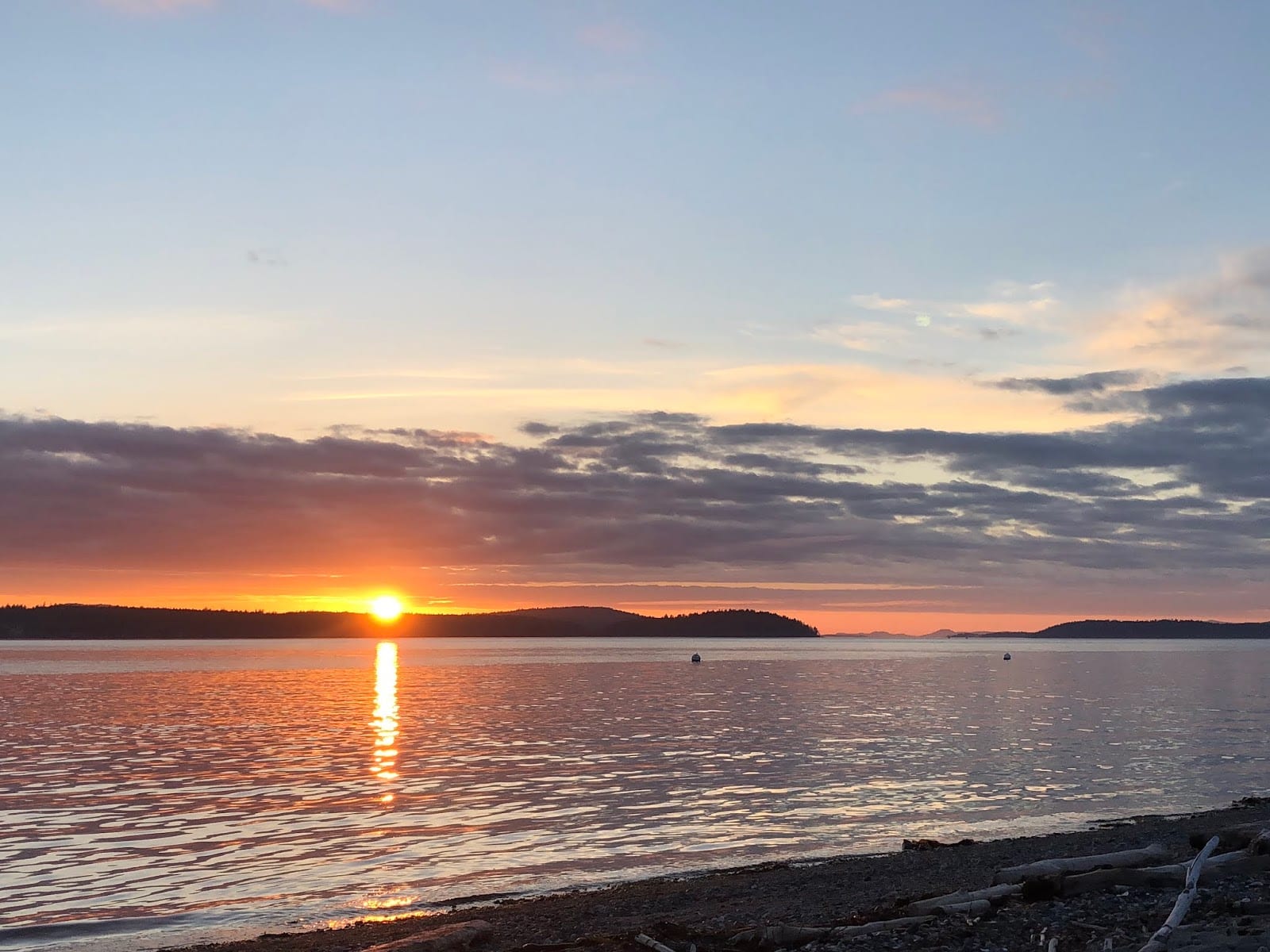
Alvesgaspar, CC BY-SA 3.0 <https://creativecommons.org/licenses/by-sa/3.0>, via Wikimedia Commons
Some people begin their year with a specific word in mind that grounds them and serves as a compass of sorts. It’s not something I’ve ever done with any regularity, and I doubt I’d have been able to really intuit one in January that would have been accurate in any way, but now that we are nearly at the end of this year, I can look back and see that most everything I did and thought about and experienced this year boils down to relationship.
It seems odd, given that most of my time has been spent without the physical presence of loved ones and the work I have done is remote and facilitated by technology. Neither of those things seems particularly conducive to creating relationship, but I have learned more about the power of connection this year and focused on the qualities of relationship that are most impactful more than I ever have in my life. I have spent time deepening my relationship to myself and trying to rebalance the wisdom I receive from my head with the wisdom held in my body through meditation and a rage ritual. I have created connection with local communities to offer assistance and I have witnessed the awesome power of mutual aid groups. I have considered how so many of our public systems are failing us and begun to realize that the only way to counter those failings is through relationship.
I joined with others across the globe every day at the same time for 30 minutes for 100 days in a row to say a lovingkindness meditation for all beings. I didn’t know the vast majority of the others at the beginning of the 100 days, but since then, we have formed virtual support groups to help each other with everything from motivation to get off the couch and shower to grieving the loss of loved ones with humor and grace. I joined a weekly Zoom meeting hosted by Charter for Compassion and Citizen Discourse that also gathers people from across the globe. Every Thursday we journal for a few minutes, have individual conversations about things like ritual, legacy, and what community means, and come together as a group to deepen our relationship to compassion and humanity. I have met people with whom I share text messages and emails and our connection is no less real and tangible because it was formed online.
The most recent conversation we had was around our own personal compass – what drives us, where are we headed. And while each of the individuals on the call had a different perspective and way of answering that question, we agreed in the end that the common thread for us all was connection of some sort. And because our conversations often delve into the philosophical, we also explored the notion of a compass. It occurred to me that it is important to note that a compass is useless in a vacuum – meaning that it only works within the context of the electromagnetic pull of something bigger, something grounding (in this case, the Earth). And so while each of us may have our own compass, the principle on which it exists is that we are all connected to something larger that helps guide us. We can, of course, choose to stick that compass in our pocket and go off on our own path, but the quality of guidance is always present and available to us. And because it is available to each and every one of us, we are necessarily connected, whether we acknowledge it or not.
I say often that human beings are designed to be in relationship. Our biological systems work more efficiently when we are in trusted relationships and suffer in isolation. Students who have supportive relationships with their teachers learn better. Elders who are ill heal faster and have less pain when they are surrounded by loved ones. So while I mourn the lack of physical contact with my beloveds and desperately miss the coffee dates and hiking adventures with friends, I have also deepened my definition of what relationship is – relationship to myself and my physical body, relationship with my community, relationship with people I’ve never met in person – and come to understand the power of letting those connections evolve over time. I have explored what it means to have healthy boundaries that are temporary in order to repair harms and what it looks like to shift my definition of a mother-child relationship as my daughters become young adults and want a different kind of bond with me that is no less elemental or meaningful than it ever was – it’s just different.
While there is much to be sad about this year – the loss of my mother and the missed adventures I had planned and the cancelled book tour among them – I can look back on the last 12 months and see what I have gained in stretching my understanding of this most basic need for connection and community in my life. Like the grounding of the Earth to my compass, relationship and connection are always available to me so long as I recognize them as an elemental part of my existence. Here’s to unexpected lessons that help us all thrive. May 2021 bring more wisdom and insight to us all.




